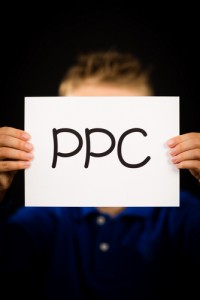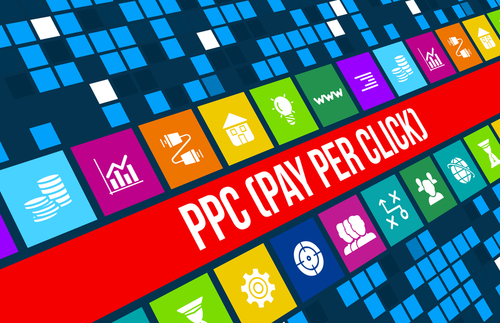Pay-Per-Click (PPC) advertising is one of the best methods available to give yourself a digital marketing boost. However, there are a lot of myths floating around about the practice that can give it a bad rap, especially among business owners and marketers who might not necessarily be familiar with it.
Here are a few of those myths and the truths behind them:

PPC stands for pay-per-click, a model of internet marketing in which advertisers pay a fee each time one of their ads is clicked. Essentially, it’s a way of buying visits to your site, rather than attempting to “earn” those visits organically. Search engine advertising is one of the most popular forms of PPC.
MYTH: Nobody clicks on PPC ads.
This simply isn’t true. PPC advertising is as viable as it has ever been, and perhaps even more now that BingAds and AdWords have developed content guidelines to help punish low-quality advertisers and people likely to try to commit fraud. A large percentage of internet users cannot even tell the difference between organic listings and PPC ads — that’s how relevant these listings are to people performing searches.
MYTH: PPC will affect my organic position.
There is absolutely no correlation between your organic search rankings and PPC advertising. PPC has entirely different benefits to your overall marketing plan than boosting your search rankings.
MYTH: You have to spend a ton to rank well.
Untrue. You can use a larger budget to generate data about clicks and conversions more quickly, but the quality score your keywords receives is not based on the amount of money you have. Instead, it’s determined by the relevance of your advertisement, the keywords you use, the landing pages you link and more. While there is bidding involved, a great quality score will trump higher payment when it’s close.
MYTH: PPC gets a lot of bad, fraudulent clicks, which means I won’t see results.
If you aren’t seeing results, it’s likely either because your account has not been structured well, or your website is compelling. Google does everything it can to avoid fraudulent clicks from coming through. It’s up to you to make a compelling offer to people who are being brought to your page. But PPC is certainly a tried and tested vehicle to get them there.
For more information about PPC advertising for your restaurant and how you can get started, contact us at That’s Biz today.

